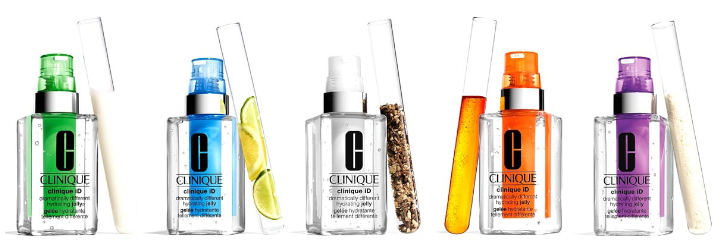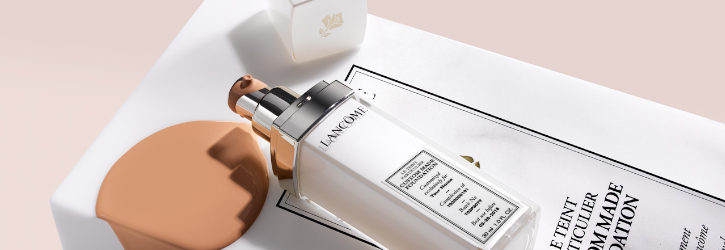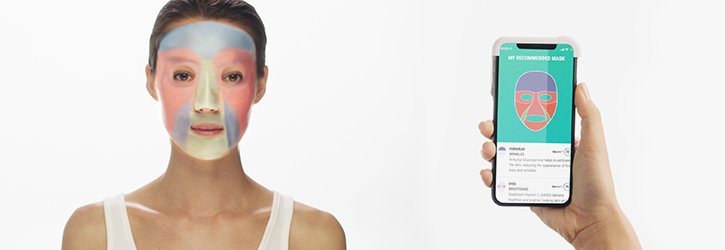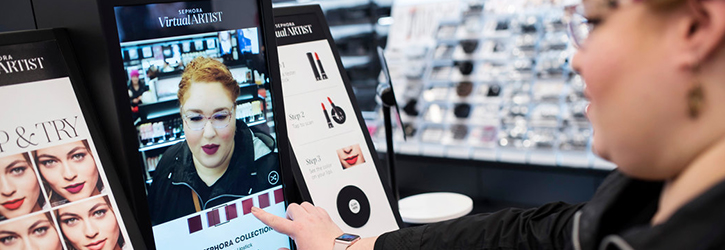Customized beauty rises in popularity among consumers as they seek out products targeted to their specific needs. Brands and consumers alike recognize that products should not be one size fits all. Our upcoming Personalized Beauty: U.S. Market Assessment and Opportunities report explores this growing market with robust analysis on trends, brands, product categories, and outlook for the next five years.
With its recent launch of the Clinique iD, Clinique brings bespoke beauty to the mainstream market. The personalized moisturizer comes in three textures for specific skin types, with a serum pump featuring five different options to treat skin while hydrating. Consumers will use this straight-forward approach as a stepping stone to the technological innovations that deliver exciting new launches in the personalized beauty market. Products and resources that are better able to diagnose skin concerns while outlining treatments utilizing artificial technology and scanner data will see an increase in popularity in the coming years.

The personalized beauty market is particularly on the rise in the skin care and makeup category. In makeup, brands such as Lancôme and Bare Escentuals continue to utilize face scanners to customize foundations for consumers based on skin tone, desired coverage, and skin type. The Lancôme Le Teint Particulier Custom Made Foundation is only available in select stores, as mixing the pigments for a custom foundation is an intensive process.

Technology will be key in driving innovation in the mass facial skin care category as well due to new launches, such as the Neutrogena MaskiD. The product is a 3-D printed face mask that partners with the Neutrogena Skin360 smartphone app to deliver a customized mask with a shape and ingredients unique to each user. In late 2018, the brand partners with FitSkin to launch the Skin360. Consumers purchase the LED camera on the brand’s website to attach to their phone. The lens zooms in, highlighting pores, fine lines, and moisture levels. Results are recorded and tracked through the Skin360 app by Neutrogena, while product recommendations are also made.

Retailers are also becoming involved with personalized beauty through artificial technology. Specialty stores Sephora and Ulta utilize face cameras to allow consumers to virtually try on makeup before buying. Ulta partners with Perfect Corp., using the YouCam app. The app combines artificial intelligence with augmented reality to make product and shade recommendations, as well as live try-ons. Sephora uses the “Sephora Virtual Artist” feature in its app to allow consumers to test products virtually. The retailer partners with augmented reality company ModiFace.

Brands and retailers will continue to partner with technology companies as they look to expand into the growing personalized beauty market. Companies such as FitSkin have the research and experience necessary to launch new products that utilize scanners, 3D printers, and other customizable devices. Meanwhile, companies that specialize in artificial intelligence and augmented reality become increasingly important to both retailers and direct-selling brands.
We will investigate the dynamic market for personalized beauty in Personalized Beauty: U.S. Market Assessment and Opportunities. This study will focus on key developments that are shaping the approach marketers and retailers are taking to give consumers a custom-made beauty experience. It will also seek to demonstrate how various factors are converging to satisfy consumer beauty needs. The areas to be covered include personalized fragrances, makeup, skin care and hair care products, subscription services, and innovative technologies such as mobile apps, augmented reality, and virtual reality.

